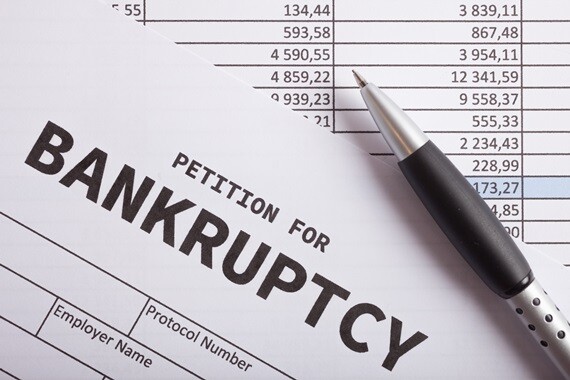In a web seminar on the 2020 election outlook last week, the fixed-income team at JPMorgan Chase noted the common belief that a blue wave could sweep through the polls on Tuesday, with Joseph Biden maintaining a wide lead for the presidency.
Should that wave emerge, what may be of most importance to investors and issuers may be the shade it takes, according to JPMorgan, whose analysts cautioned the market may be underestimating the result of that variance.
In the panel discussion, analysts noted that instead of factoring in only on whether or not Biden wins the electoral college battle, the market should also be examining if a Biden victory would be the result of a “light blue” vs. “dark blue” groundswell.
In the light blue scenario of a Biden win, Congress remains split between a Republican majority in the Senate and a Democratic majority in the House after election results are tallied. And, following inauguration in January, Biden follows through with expectations he would make centrist appointments for key cabinet positions for the U.S. Treasury, State and Commerce. Those positions which might even yield moderate Republican appointments by a Biden administration intent on spurring bipartisan reconciliation.

Biden could then appoint more left-of-center cabinet members to Housing and Urban Development, Health and Human Services and Energy as a concession to the progressive wing of the Democratic Party, the report says.
But if a Biden victory over Trump also coincides with a Democratic majority elected to the Senate, the JPMorgan panel speculated it will spur the progressive wing of the Democratic Party to issue further demands – such as enacting measures for the Green New Deal, Medicare for All and the introduction of a carbon tax.
“The anti-Trump sentiment has been a strong unifier for the Democrats during the election campaign,” according to a summary of the panel discussion. “Investors are currently underestimating the short-term impact of the noise,” in regards to policy and regulatory impact on the energy and financials industry.
Investors have been “reluctant” to “price in” their market bets for a potential for a Democratic takeover of the Senate due to a wide range of potential outcomes in those races (where the Democratic advantage is estimated between 1 and 6 seats).
And while the analysts discounted the potential for extended ballot counting periods and litigation to delay final election results past Tuesday, they did not downplay President Trump closing the polling gap on Biden to overtake the Democratic nominee to win re-election with a strong election-day showing from his supporters (70% of Trump supporters indicating they plan to vote in person on Tuesday).
“Though most commentary focuses on the potential for Trump to outperform his polls, the distribution of polling errors are likely at least somewhat symmetric,” according to the summary. “That means markets should also consider the potential for Biden and Democratic Congressional candidates to outperform, and what the implications of such a landslide and legislative mandate would mean for the policy outlook.”
“But it is worth bearing in mind that down-ballot races, particularly in the Senate, are much more highly correlated to Presidential results than even a few cycles ago. Uncertainty, as priced into options markets, should be tied more to the joint probability of a Democratic or Republican sweep than a Biden/Trump horserace, since the former has much more important implications for policy.”









